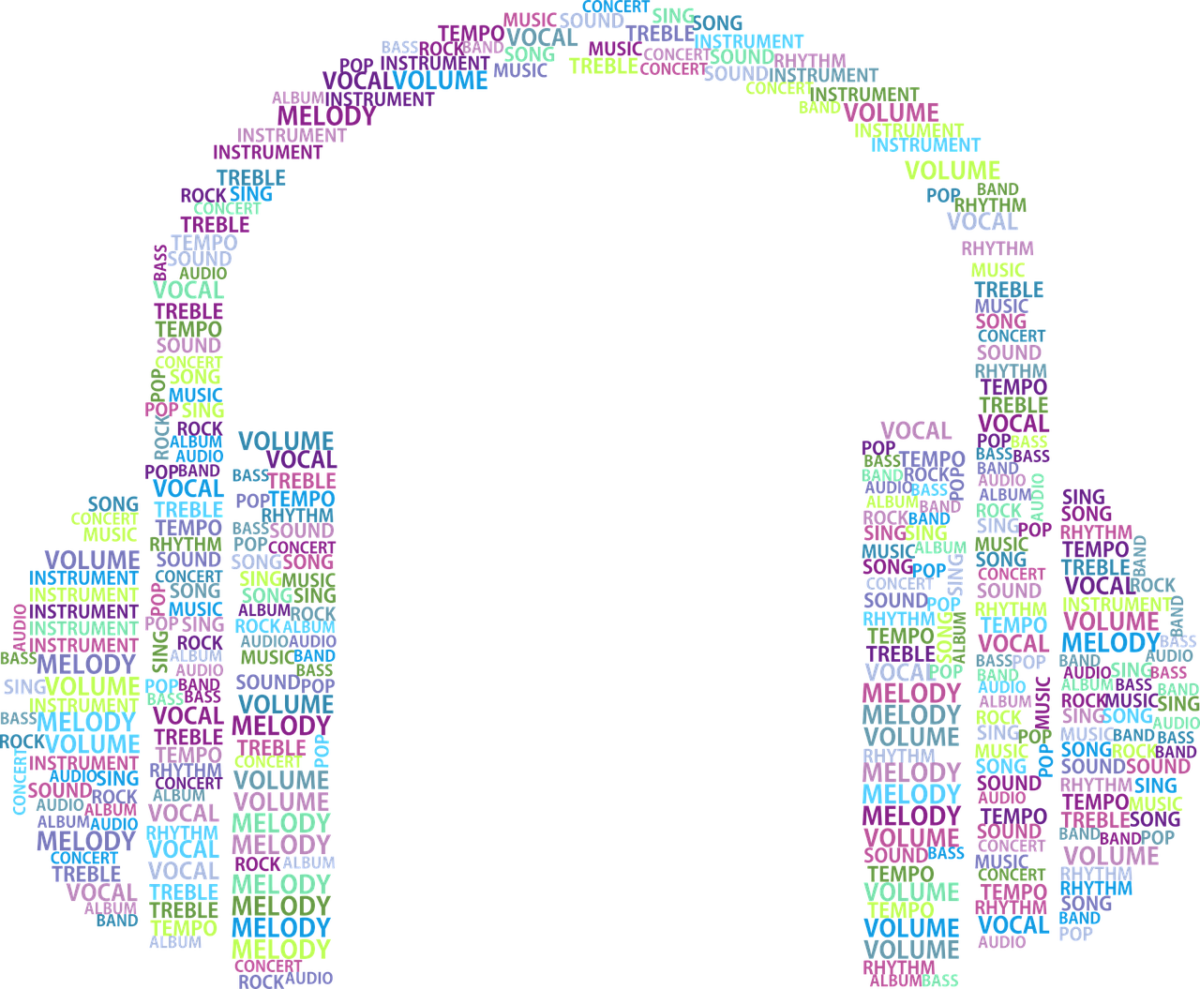
Improving Productivity With Instrumental Music
- April 11, 2017
- James Linton
It’s no secret that students like to listen to music whilst studying. Whether they’re screaming in melody to Slipknot or walking side to side with Ariana Grande, students have always found music to be an effective studying tool.
But what kind of music is the best to study to? That’s a very good question. Let’s explore the answers.
Why instrumental music is the best way to go
You might like your music to have words, but lyrics can be highly distracting, as this article argues. If you’re trying to do a completely immersive task, such as writing an essay, then lyrics will overload your brain.
This is because the language centre of your brain is becoming confused. A stream of words is being inputted into it, whilst a completely separate stream is being outputted. Your poor brain won’t be able to cope. It’s akin to when two different people are talking to you at once. Your brain doesn’t know which one to concentrate on.
Furthermore, The Journal of Consumer Music found that ambient music played at a moderate volume can improve our creativity.
Remember when you were at school and the teacher was having a screaming match with the bad kids? Did this make it impossible for you to concentrate on your work? This is exactly why noisy environments are not a good workplace setting.
Moreover, it’s also a sign that maybe you should switch off that black metal. Screaming may help you vent the stress that you’re feeling about that assignment you’re procrastinating, but it won’t be great for your productivity.
Instead, why not try some classical music? This is what the American Roentgen Ray Society did. In 2009, researchers played Baroque classical music, within the reading room of a group of radiologists. By improving the environmental factors of their workplace, 63% of the radiologists reported an increase in their satisfaction and efficiency.
Video Game Soundtracks
If classical music isn’t your thing, then video game soundtracks are a great alternative. Let’s make one thing crystal clear. Video game soundtracks help you work. Playing video games does not.
Christofer Karltop, the inventor of Zerply, explains how music helped him to create his Linkedin-esque business. He argued that soundtracks, such as the ones from Street Fighter and Final Fantasy have been designed to help players achieve. They’re not too intrusive either. They help you to concentrate without distracting you from the task at hand.
It has also been argued that “video games give the player a sense of agency over the on-screen action.” The music then acts as a faithful companion, subtly guiding the player through the challenges and obstacles. Why not take this same agency to your work?
Why not play the Mass Effect or Skyrim or any of the soundtracks mentioned in this Subreddit to feel on top of the assignments you’re procrastinating? You could also try this Youtube chillhop video, where there’s an anime person who will study alongside you.
Those sweet sweet endorphins
Listening to music you love can help stimulate that dopamine rush in your brain. Dopamine lives in your Ventral Tegmental Area, which is a big sciency word, for your brain’s Reward System. Dopamine is our feel-good chemical. And any release of it boosts our mood.
Other than making us happy, and it’s always good to be happy, the mood-boosting dopamine helps us to complete our work. This is especially true if the work is manual, repetitive and boring. If it’s the type of work that you have to do, but that doesn’t take too much of your attention.
Research has shown this to be true of assembly line workers who have reported greater happiness and efficiency, whilst listening to music.
Secondly, The Nature of Neuroscience found that music improves your mood by stimulating dopamine in your brain. This is because of how music enhances your emotions. It helps to evoke emotions through how we expect and anticipate the high points of a song. Once these predictions are fulfilled, our brains and bodies are then flooded with relief.
Binaural Beats
What are binaural beats? Before we discuss binaural beats, we must first distinguish between Alpha and Beta brain waves. Our brain’s neural activity naturally produces different frequencies. One of the most common is called Beta Waves. They vibrate at 14 to 40 Hz.
Although we can use Beta Waves for high-level learning, a downside is that they also appear when we are stressed or anxious. Not ideal traits for studying. Enter Alpha Waves. Our brains produce these waves when we are feeling calm and relaxed. These vibrate at the far lower 8 to 13 Hz, making them great for working.
A 2010 study demonstrated that music with Alpha Waves help us to feel in control of our mood and lives, as well as increasing our productivity. This is achieved through initiating deep states of relaxation. From here we can think more clearly and come to reasoned, logical decisions.
Binaural beats are the by-product of Alpha and Beta Waves meshing inside your brain. These have then been reproduced to contain Alpha Waves, such as this binaural beats session. Give it a try the next time you’re studying.
Conclusion
It may be tempting to rock out to Black Sabbath or Asking Alexandria the next time you study, but why not swap that heavy metal for some classical music? Instrumental music, whether this is video game soundtracks, Mozart symphonies or binaural beats, might just be the study aids you’re looking for.
James is a graduate of English Literature from Newcastle University. Across his life, he’s written silly stories about talking birds and cats, teenage angst-ridden poetry and is currently working on his first novel. When he’s not writing, you’ll find him imagining scenarios that will never happen. See his writing on www.jameslintonblog.blogspot.co.uk and https://jameslintonwriting.wordpress.com
Inspiring Interns is a graduate recruitment agency which specialises in sourcing candidates for internships and giving out graduate careers advice. To hire graduates or browse graduate jobs, visit their website.







